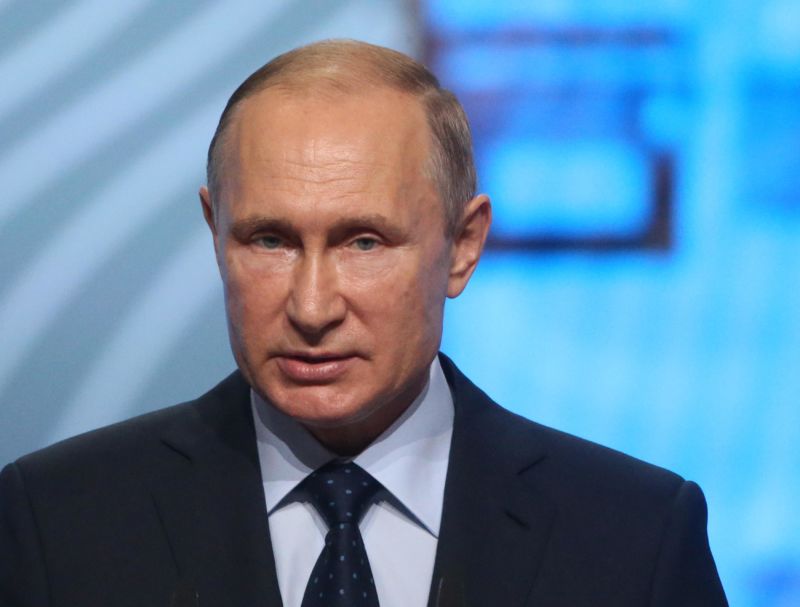[ad_1]

Getty Photographs | Mikhail Svetlov
Not prolonged soon after Russia steamrolled into South Ossetia in 2008, correctly annexing the territory of its southern neighbor, a group of Georgians banded alongside one another to set up a new Russian-language television station, a voice impartial of the Kremlin: Kanal PIK.
With the aid of Georgia’s community broadcaster, they signed a 5-calendar year offer with French satellite operator Eutelsat to beam their station into the Caucasus. Just two months immediately after they released in 2010, Eutelsat notified PIK that they were dropped. Their space on the satellite experienced been promised to Gazprom Media Group, a chief pillar in Moscow’s tightly controlled media technique.
Kanal PIK claimed in a assertion at the time that the saga “leaves Intersputnik and Gazprom Media Group—both of which adhere to the Kremlin’s editorial line—with a de facto satellite transmission monopoly above Russian-language audience.” Kanal PIK would obtain a spot on a different Eutelsat a 12 months later on, but the station struggled and went dim in 2012.

Far more than a 10 years on, Russia once once again finds alone striving to consolidate its information and facts hegemony in the region. And, when yet again, Eutelsat is earning it feasible. But two authorities on the satellite business say it is time that Ukraine’s allies stage up and force Eutelsat to prioritize real reportage on the scenario in Ukraine above Russia’s condition-backed disinformation.
“It’s not ordinary that a French satellite is utilised for a propaganda war,” suggests André Lange, just one half of the Denis Diderot Committee. If their proposals are adopted, “it would be a bomb likely off in the Russian media globe,” states Jim Phillipoff, a previous satellite Tv govt and ex-Kyiv Article CEO. He’s the other 50 percent of the Diderot Committee.
Shaped in March, Phillipoff and Lange’s committee has, effectively, only a person suggestion: Unplug Russia’s most important satellite tv companies from the Eutelsat satellites and switch them with stations carrying unbiased and credible journalism into Russia. “That’s the best objective of our effort—to actually offer different media channels into the Russian tv room that are not managed by the Russian authorities,” Phillipoff tells WIRED.
Russian television has been ubiquitously and unfailingly in favor of the war from Ukraine, dutifully advertising and marketing Moscow’s official propaganda—and, all also typically, disinformation. Satellite tv is specially essential, notably for spots with bad broadband connectivity. The Council of Europe estimates that about 30 % of Russian households pay out for satellite television. About fifty percent of the nation has satellite dishes on their residences, Phillipoff says.
These dishes are largely calibrated to acquire indicators from 5 satellites, all managed by Eutelsat. The two most vital satellites orbit at 36° east, supplying them protection for much of Jap Europe and western Russia: One, 36B, is owned directly by Eutelsat the other, 36C, is owned by the Russian govt and leased to Eutelsat—which, in switch, leases house again to Russian television operators. The other 3 satellites are owned instantly by Russia but managed by Eutelsat and protect central, northern, and jap Russia.
[ad_2]
Resource backlink









More Stories
5 New Features in Google Docs
Don’t Use an Apple AirTag as a Pet Tracker – Use a Whistle Instead!
A growing number of Samsung owners are using the same terrible password